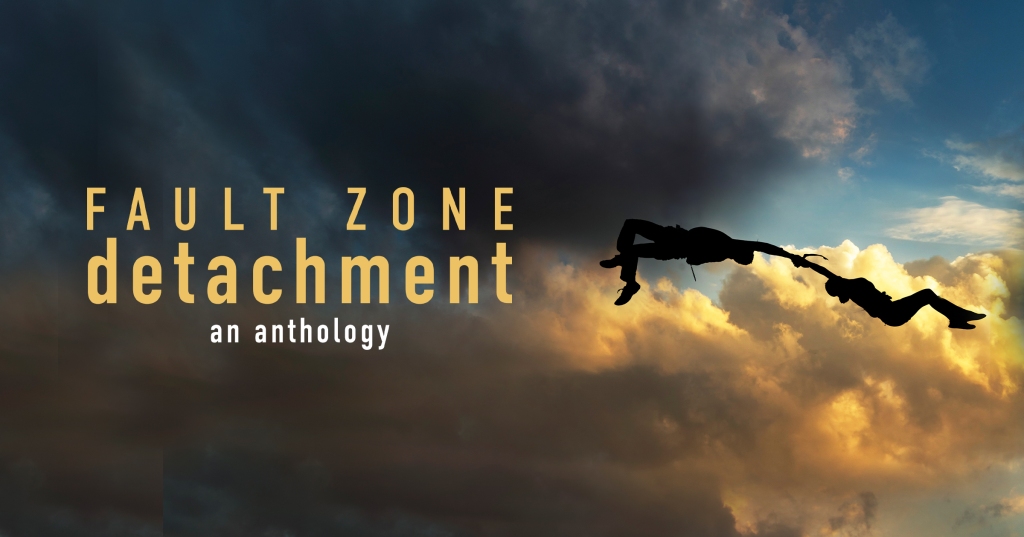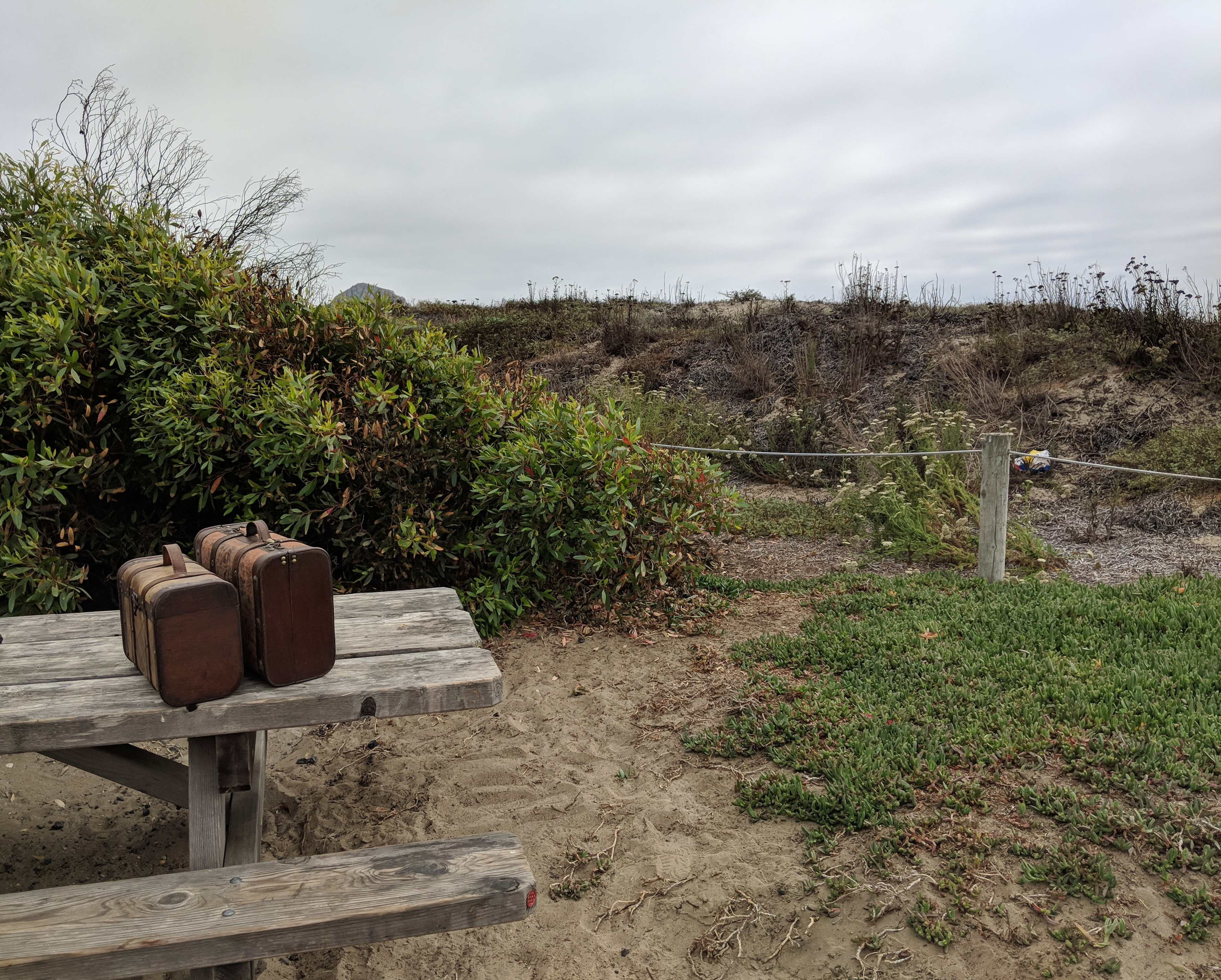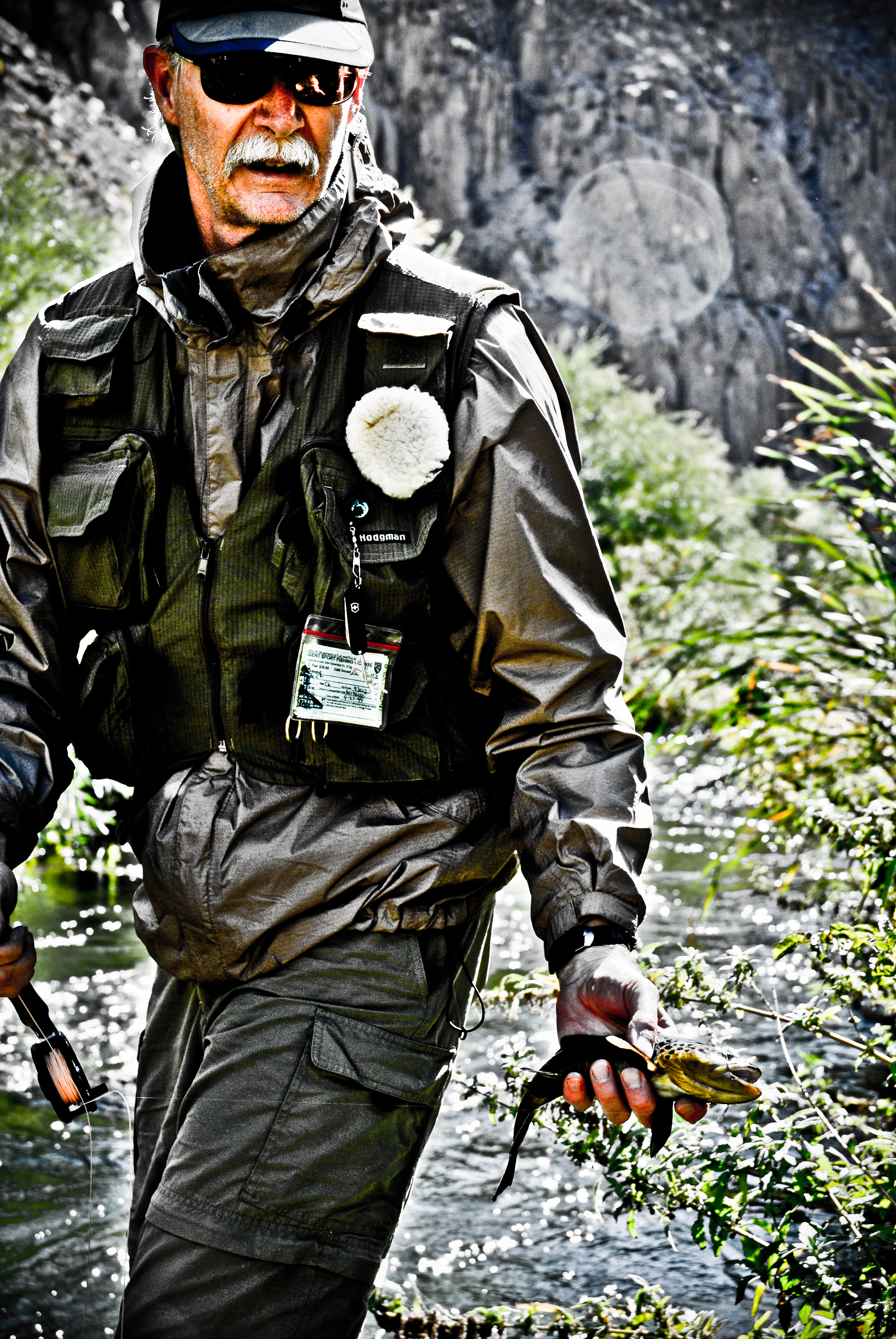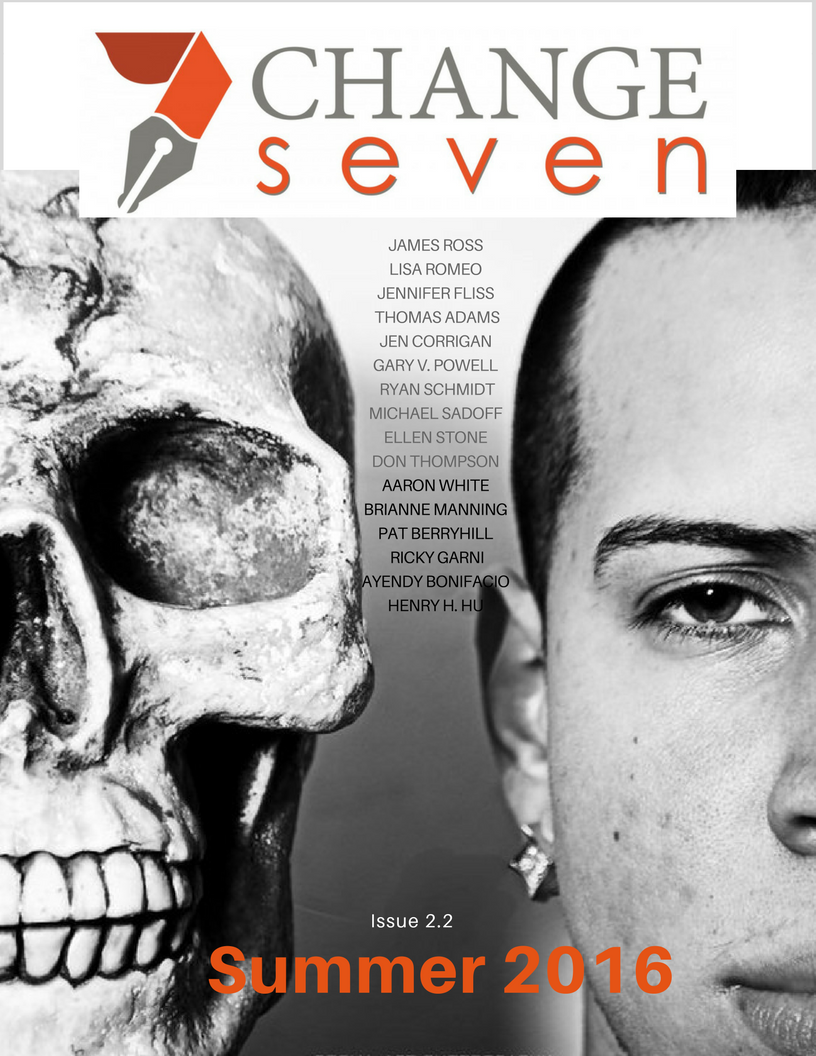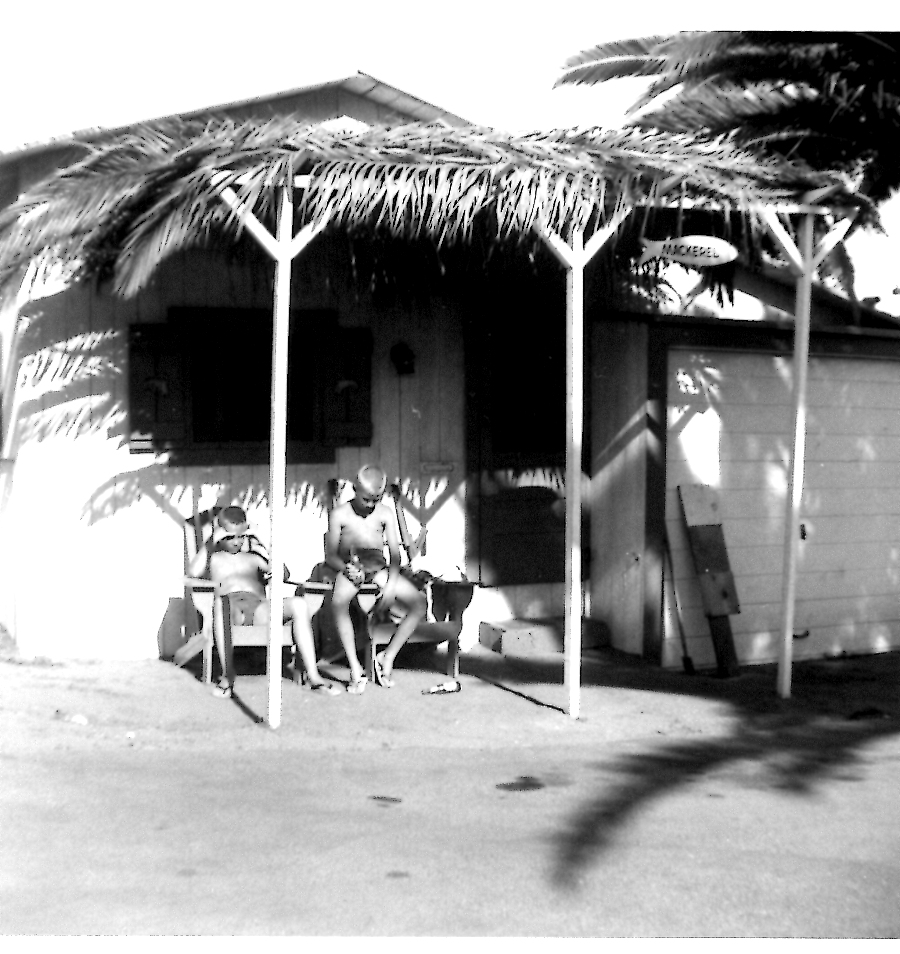
The end of September brings Hanalei back to the locals. There are still tourists. There are always tourists, but they thin as the air cools; as the days grow shorter. And most tourists fear the looming possibility of heavy rain, flash floods and large waves as the calendar turns toward winter.
The pier belongs to the bay, which is nestled in the Hanalei valley surrounded by steep, irregular ridges, shrouded in a lush tropical green. When the sun strikes the mountains in the late afternoon, the green glows like it’s made of light. Waterfalls streak the north facing walls. They are flash flood monitors. If there are more than 7 it’s time to move the kids, cars, and farming equipment to higher ground. If there are more than 10, just get the kids to the cliffs. There’s no time for cars and equipment.
Waves lap at the pier piles as tourists march along the length of it, sipping drinks and chatting into another sunset. Mano sets the hook on a nice fish, plays it longer than needed, and hoists it to the deck. He strikes a pose against the setting sun, like he is the king of this pier, though much younger than his uncle who has four rods in the water, and sits on a beach chair, sipping something from a plastic mug, ice cubes clinking. Mano is pleased to be seen but acts like the tourists are not there. He steps on the spine of the small hammer head. The shark thrashes and shimmies. Mano whacks it hard on the head with the butt of his knife and lays it out on the picnic bench where two tourists play a game of checkers. A pool of blood gathers under the hammer head. Tourists get close to see the tiny teeth.
The last of the sunset sends the tourists back to the bars, the restaurants, the expensive vacation homes. Mano casts again and speaks in hushed tones to his uncle. They laugh as the last light brings their village back to them.
In the morning, Mano tosses a leash at a tourist who is renting a board from the Green Trees Surf Shop. He intends to startle the tourist, maybe laugh at him, but gets a look of contempt from his co-worker who is filling out a rental agreement. Mano acts like he owns the shop, but is just another worker who seems like a truant. Like he’s not working at the shop even when he’s there.
Mano hasn’t always hated the tourists. Not that it matters, but they sold the house next to his bungalow and now it’s a rental. Tourists come in with their red Mustang convertibles, their tan muscular bodies with slinky girlfriends and think they can do what they want with his beach. They make noise until late at night and their leave their haole trash on the beach.
The tourist, a thirty-something guy from San Diego, sweats as the boards are loaded. A twinge of fear gathers in his gut as he selects a paddle. He’d surfed at Hanalei ten years ago, but not on a stand up paddle board. Not at the reef. He is nervous about looking foolish. He is nervous about falling onto the reef in shallow water. He thinks about sharks.
He surfs for an hour and catches his share of waves. As he paddles to catch his last wave, a movement comes from his right. Mano is paddling an outrigger canoe into the wave. The tourist tries to back off, but it’s too late. He jumps from the board as it slams the canoe. There is a pause, like the ocean has forgiven them. The tourist pops his head up to see the canoe sliding by, then is pulled under water and dragged behind the canoe. His board is caught on the outrigger. His leash is strapped to his ankle. The weight of the tourist pulls canoe to the left. The tourist breathes water. His knee scrapes the coral reef. The canoe exits the wave with alarming speed. It pitches into the air, nearly flips over, but Mano stands, leans into the wave and settles the canoe into the water. The tourist surfaces and sputters for breath. Mano jumps from the boat and yells at the tourist to unstrap his leash. The tourist thinks he’ll be left without his board. Mano yells again for the tourist to remove the leash, which he does. Mano pulls the leash through the outrigger stays, and pushes the board toward the tourist who is standing on the shallow reef, paddle in hand. Against the setting sun the tourist looks like Neptune. Mano tells the tourist to swim to the board and he does. Mano climbs back into his boat and paddles hard. As he passes the tourist, he stands and slows. The tourist is standing on his board. He does not know what to do.
“Haole dude. Ok now?”
The tourist nods his head. His knees shake as blood drips to the deck of his board.
“Dat some kine ride brah,” says Mano. “Betta you paddle in brah. Sharks like sunset. Sharks like blood.”
Mano paddles toward the setting sun. As blood drips onto the deck, the tourist paddles toward shore, scanning for the fin of a reef shark.
